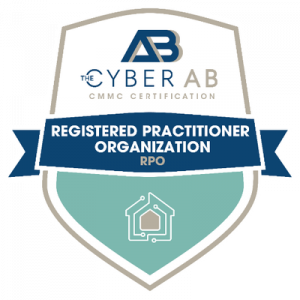 If you haven’t already invested in VoIP for your business, you have surely heard about it by now. VoIP stands for voice over internet protocol, and can be pronounced several different ways, including “V-O-I-P,” “voyp,” or “voice over IP.” In short, VoIP is technology that uses the internet to make and receive phone calls rather than traditional copper wire landlines.
If you haven’t already invested in VoIP for your business, you have surely heard about it by now. VoIP stands for voice over internet protocol, and can be pronounced several different ways, including “V-O-I-P,” “voyp,” or “voice over IP.” In short, VoIP is technology that uses the internet to make and receive phone calls rather than traditional copper wire landlines.
The foundational technology for VoIP dates back as far as 1973, and in 1992, InSoft Inc created what is recognized as the first generation US commercial VoIP software, Communique. A decade or so later in the early 2000s, commercial VoIP providers such as Vonage entered the consumer market. Today, it’s common for a cable TV / internet provider to bundle VoIP services into packages for consumers.
How Does VoIP Work?
Setting aside the technical minutiae, VoIP uses a broadband internet connection, rather than a landline, to make and place phone calls. VoIP calls can be made to any phone number, including landlines, cell phones and of course, other VoIP lines, and can be made or received on any number of internet connected devices that your provider supports.
What are the Benefits of VoIP?
One of the best parts of VoIP is that your calls can not only be placed or received on a traditional style handset, but also your mobile phone, a tablet, a laptop, a desktop PC --any device your VoIP provider supports and is connected to the internet. These “softphones” provide an incredible amount of flexibility for a businesses’ telecommunications.
Additionally, VoIP phone numbers can move with an individual, and are not tied to a specific device or location. One number even can ring to more than device! Your number can even be from an area code different from your physical location, which is useful if you frequently do business in other states.
Between portable numbers and softphone applications, VoIP is mobile and scalable for any kind of business and can often be less costly than traditional land or mobile phone lines. Imagine cutting administrative time and costs when a new employee can have a new phone and a new phone number or extension assigned to them the very first day they start.
Read More: Hybrid VoIP Delivers the Best Value For Business Phones
Are There Any Downsides to VoIP?
Broadly speaking, VoIP, softphones and portable phone numbers have made it easier for scammers to run phone scams and play no small part in the barrage of spam calls in recent years.
For a legitimate business owner, introducing VoIP to your organization does confer several benefits, but VoIP also carries with it the security challenges of any internet connected application. It’s important to be aware of the vulnerabilities, such as hacking, of a VoIP system, and it’s important to select your provider carefully and work closely with your IT team or IT managed service provider to ensure the best integration and most secure implementation.
Should I Get VoIP For My Business?
The short answer is usually “yes.” To recap, VoIP offers:
• Hardware flexibility
• Portable phone numbers
• Scalability
• Less administrative time
• Comparable sound quality to more traditional phones
• Competitive pricing
It is important to keep in mind the size of your business, your long term goals, as well as the security of your system, but for more many organizations, the value VoIP creates can’t be beat.I-M Technology specializes in planning and implementing feature-rich VoIP systems that deliver maximum value.
Are You Ready for VoIP?
Want to learn more about VoIP for your business? Fill out this form to get our FREE VoIP guide from I-M Technology sent straight to your email to learn more.




